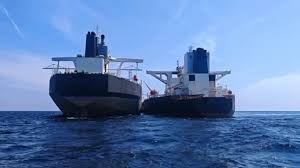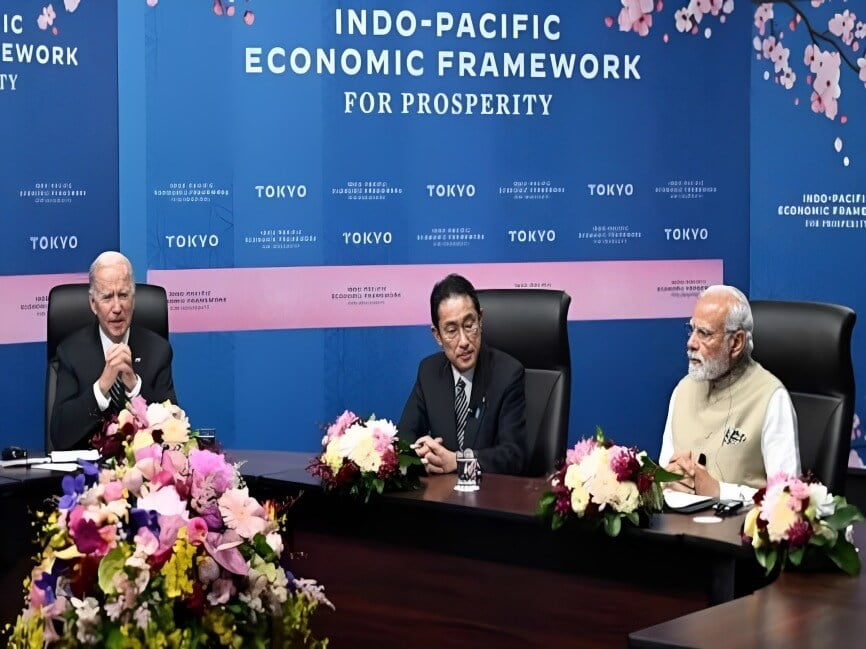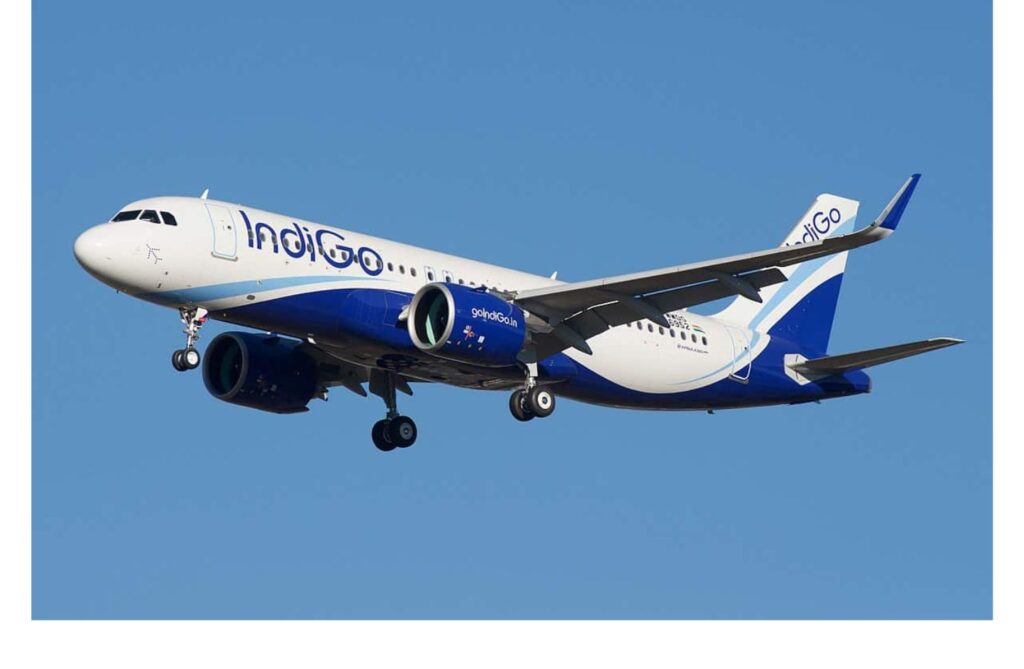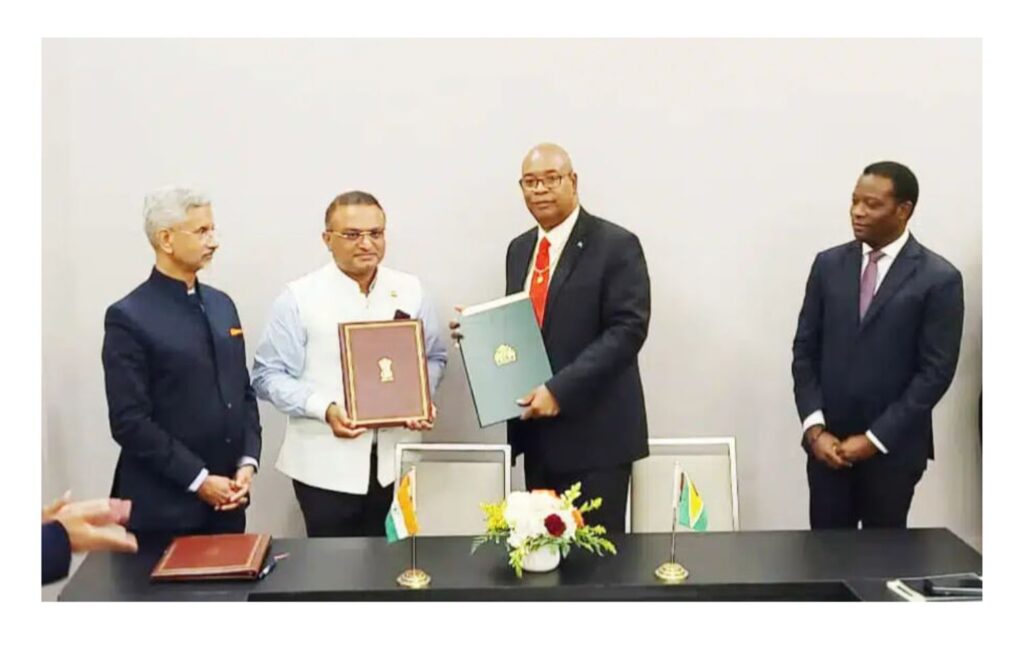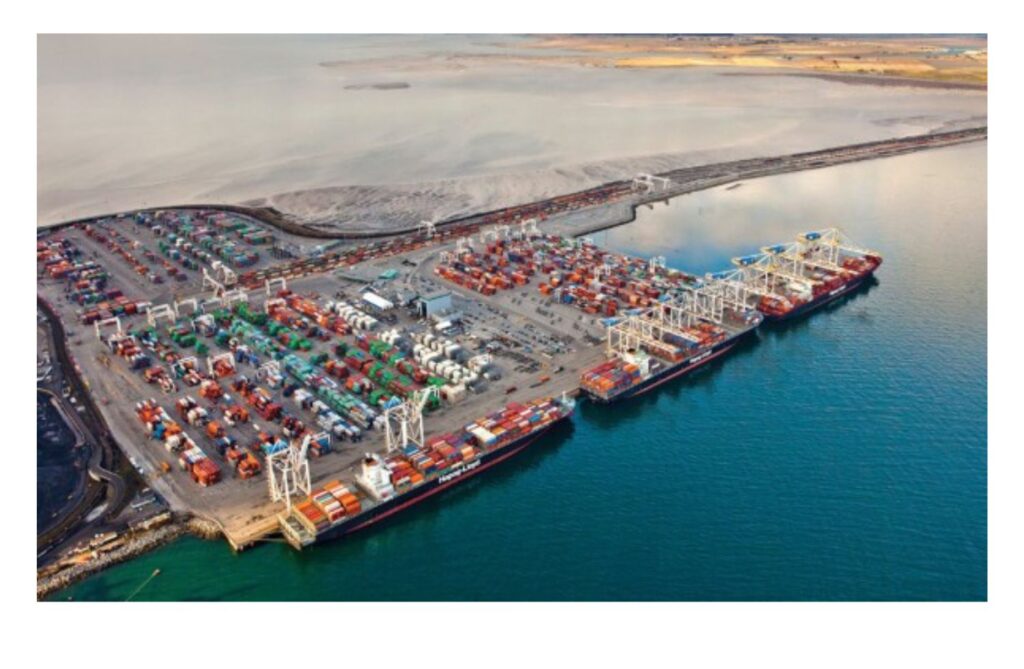Private companies are pivotal in advancing multimodal logistics worldwide through infrastructure investment, technological innovation, and operational efficiency.

Infrastructure investment
Development of Logistics Hubs and Parks: Private companies invest in integrated logistics parks and hubs that combine various transport modes. This investment reduces transit times and costs by streamlining goods transfer.
- Example: Prologis develops large-scale logistics parks with multimodal facilities, enhancing connectivity.
Expansion of Port Facilities: Private operators expand and modernise port facilities, critical nodes in the transportation network.
- Example: APM Terminals upgrades port infrastructure globally, integrating advanced technologies for efficiency.
Technological innovation
Digital Platforms for Freight Management: Private firms develop digital platforms for real-time tracking, efficient booking systems, and streamlined logistics management.
- Example: Flexport offers a digital freight forwarding platform consolidating data from various transport modes.
Automation and Robotics: Automation and robotics in warehouses and distribution centers optimise handling and sorting of goods.
- Example: Amazon uses robotics in its fulfillment centers to enhance multimodal integration.
Operational efficiency
Third-Party Logistics (3PL) Providers: 3PL companies manage complex supply chains with multimodal solutions, optimising routes and inventory.
- Example: DHL Supply Chain provides end-to-end logistics services, integrating sea, air, and land transport.
Fleet Management: Private companies operate extensive fleets, managing multimodal transport operations for timely, efficient goods movement.
- Example: Kuehne + Nagel operates a global fleet, providing multimodal logistics services.
Investment and financing
Capital Investments in Infrastructure: Private investors fund logistics infrastructure, such as rail corridors, highways, and intermodal terminals.
- Example: COSCO Shipping Ports invests in global port development and terminal operations.
Venture Capital in Logistics Tech: Investments in logistics tech startups drive innovation in multimodal logistics, enhancing tracking, route optimization, and efficiency.
- Example: Sequoia Capital invests in startups like Project44, improving visibility and coordination across transport modes.
Sustainability initiatives
Green Logistics: Private players adopt sustainable practices, such as alternative fuels and energy-efficient technologies, to reduce environmental impact.
- Example: Maersk invests in carbon-neutral technologies and sustainable fuel options.
Circular Economy Practices: Companies implement circular economy principles to minimise waste and promote recycling within logistics operations.
- Example: Unilever collaborates with logistics partners to reduce the carbon footprint of its supply chain.
Collaboration and partnerships
Public-Private Partnerships (PPPs): Private companies collaborate with governments and international organisations to develop logistics infrastructure.
- Example: The Port of Rotterdam Authority partners with private companies to develop smart infrastructure.
Industry Alliances: Private companies form alliances to enhance cooperation and integration across transport modes and regions.
- Example: The Global Logistics Network involves collaboration between major logistics providers for comprehensive multimodal solutions.
Private players are essential to advancing multimodal logistics by investing in infrastructure, adopting new technologies, improving operational efficiencies, and implementing sustainable practices. Their contributions are crucial for developing efficient, resilient, and integrated global logistics networks.

